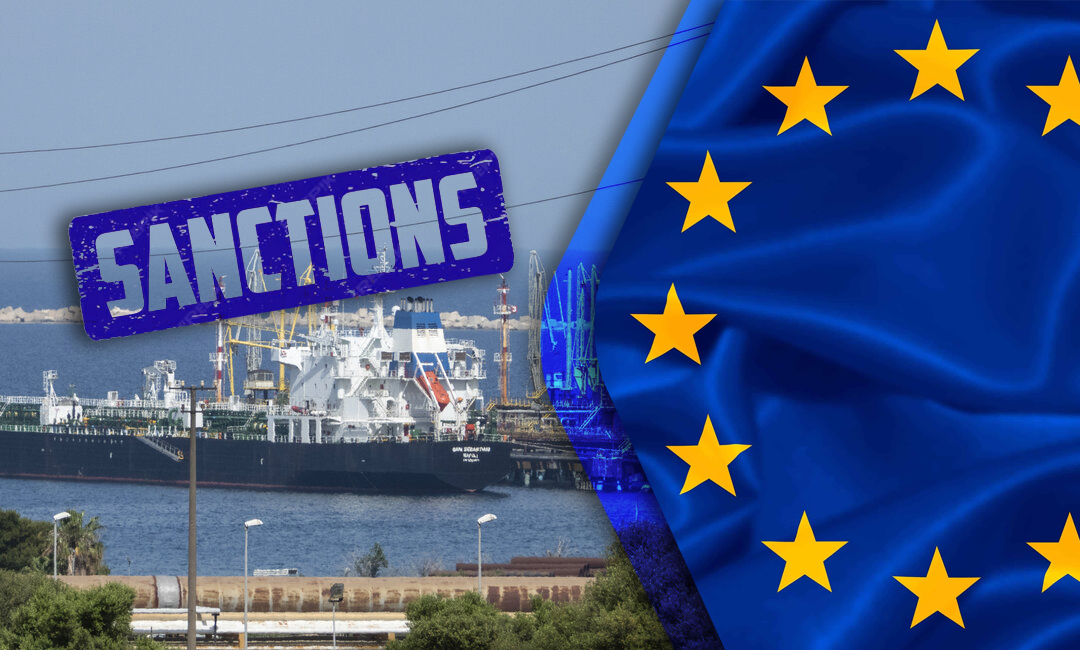EU Prepares New Sanctions Targeting Russia’s Finances and Oil

The European Union is preparing a fresh package of sanctions aimed at tightening the financial and energy noose on Moscow.
The Gaze reports this, referring to Bloomberg.
The measures, which would be the bloc’s 19th since Russia’s full-scale invasion of Ukraine in 2022, are expected to cover Russian payment systems, cryptocurrency exchanges, and the country’s oil trade.
EU officials plan to coordinate some of the sanctions with Washington, with a delegation heading to the U.S. capital in the coming days. American officials have signaled readiness to move in step.
“We are prepared to increase pressure on Russia, but we need our partners in Europe to follow,” U.S. Treasury Secretary Scott Bessent told NBC.
He added that Washington and Brussels are weighing sanctions and secondary tariffs designed to push Russia’s economy toward collapse, in hopes of forcing the Kremlin into negotiations.
President Donald Trump has so far stopped short of imposing direct sanctions on Moscow, but last month he doubled tariffs on Indian oil imports to 50% over New Delhi’s continued reliance on Russian crude.
Although Russia is already subject to sweeping sanctions, it has found alternative buyers in India, China, and third countries, helping to cushion the impact.
Both the EU and U.S. are now considering moves against Russia’s so-called “shadow fleet” of tankers, as well as energy giants Rosneft and Lukoil.
Brussels is also discussing measures to tighten insurance and reinsurance rules for vessels carrying Russian oil, and to impose restrictions on traders operating outside the bloc.
EU policymakers are weighing fresh bans on exports of chemicals and industrial goods with military applications.
Officials are also considering targeting foreign firms, including Chinese suppliers, accused of providing Russia with components used in drone production.
In addition, Kazakhstan may face scrutiny under the EU’s “anti-circumvention” mechanism, amid suspicions that dual-use goods imported into the country are being re-exported to Russia. Such a move, however, would require strong evidence and unanimous approval by EU members.
Other options on the table include visa restrictions, limits on ports serving Russian oil tankers, and sanctions on military-use services such as artificial intelligence.
The new package could be formally unveiled in the coming days, though diplomats caution its scope may shift during negotiations.
The EU has already introduced 18 rounds of sanctions since 2022, curbing imports of Russian goods and slashing the price cap on Russian oil. The most recent package, adopted on September 3, lowered the crude ceiling from $60 to $47.6 per barrel.
As The Gaze previously reported, President Volodymyr Zelenskyy said that Ukraine expects strong support from the U.S., Europe and the G20 against Russia, as the two-week period set by U.S. President Donald Trump for Moscow to prepare for negotiations comes to an end.